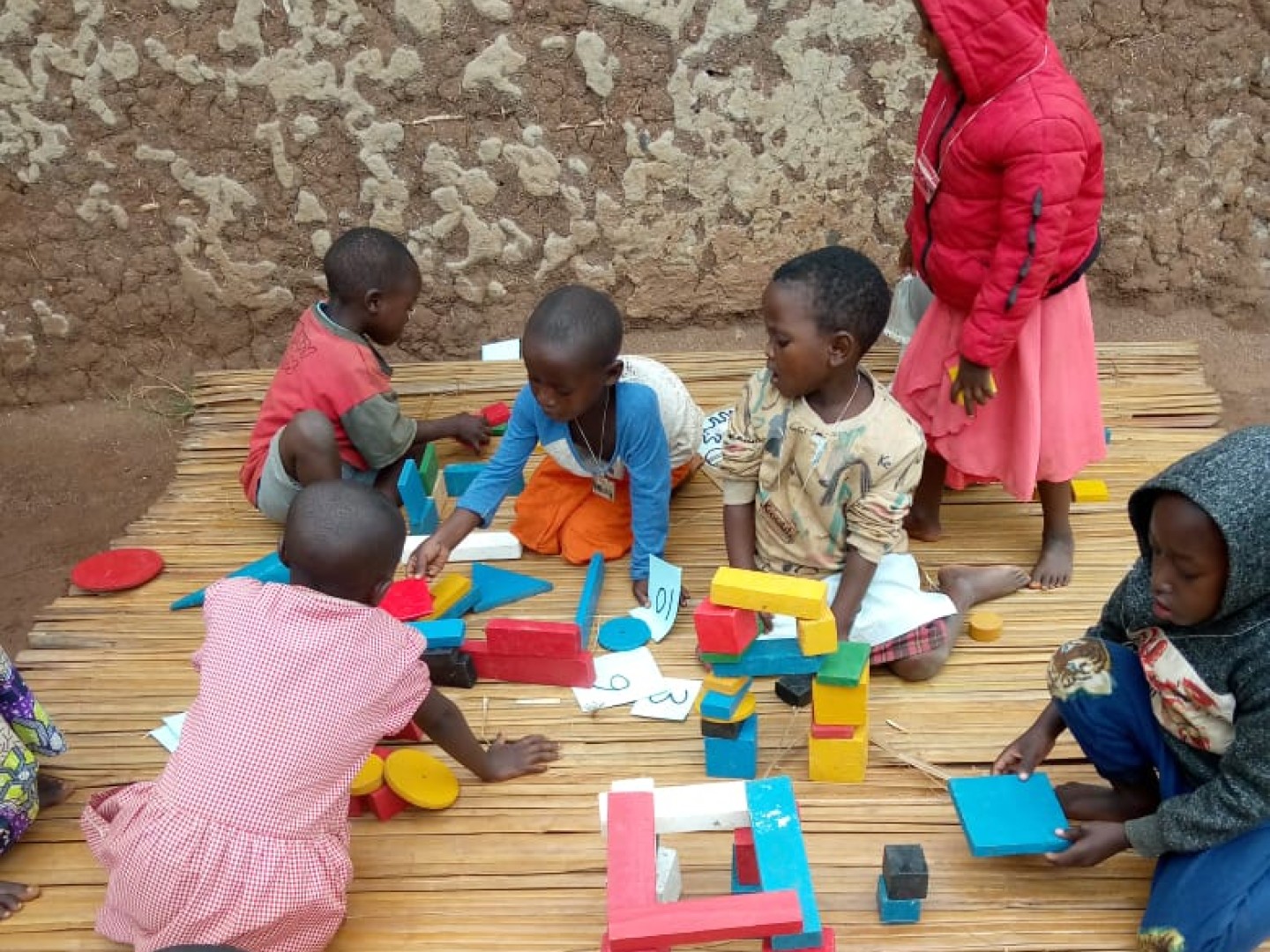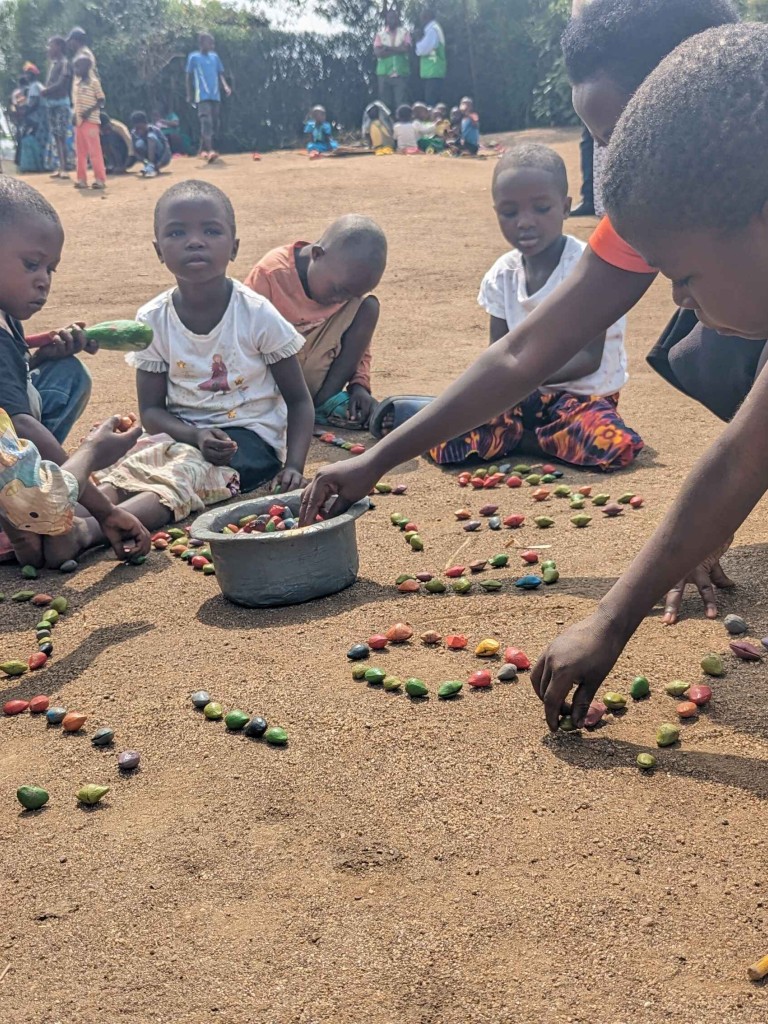Helping Young Children Thrive Through Play
Why Play Matters
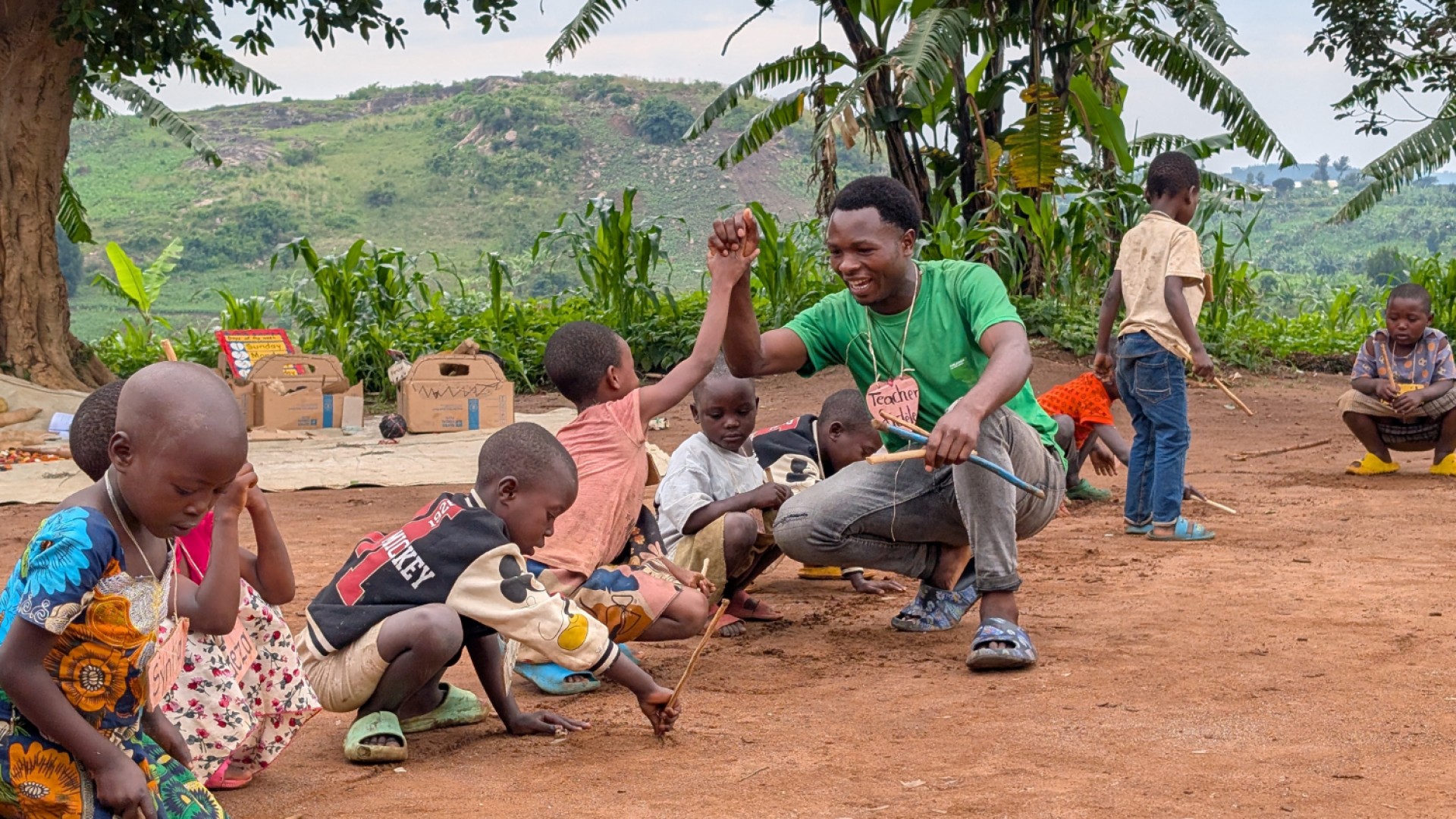
Happy and trusting caregiver (teacher) relationships with the children are essential to the way the tool works.
What does the Play Provision Assessment Toolbox do?
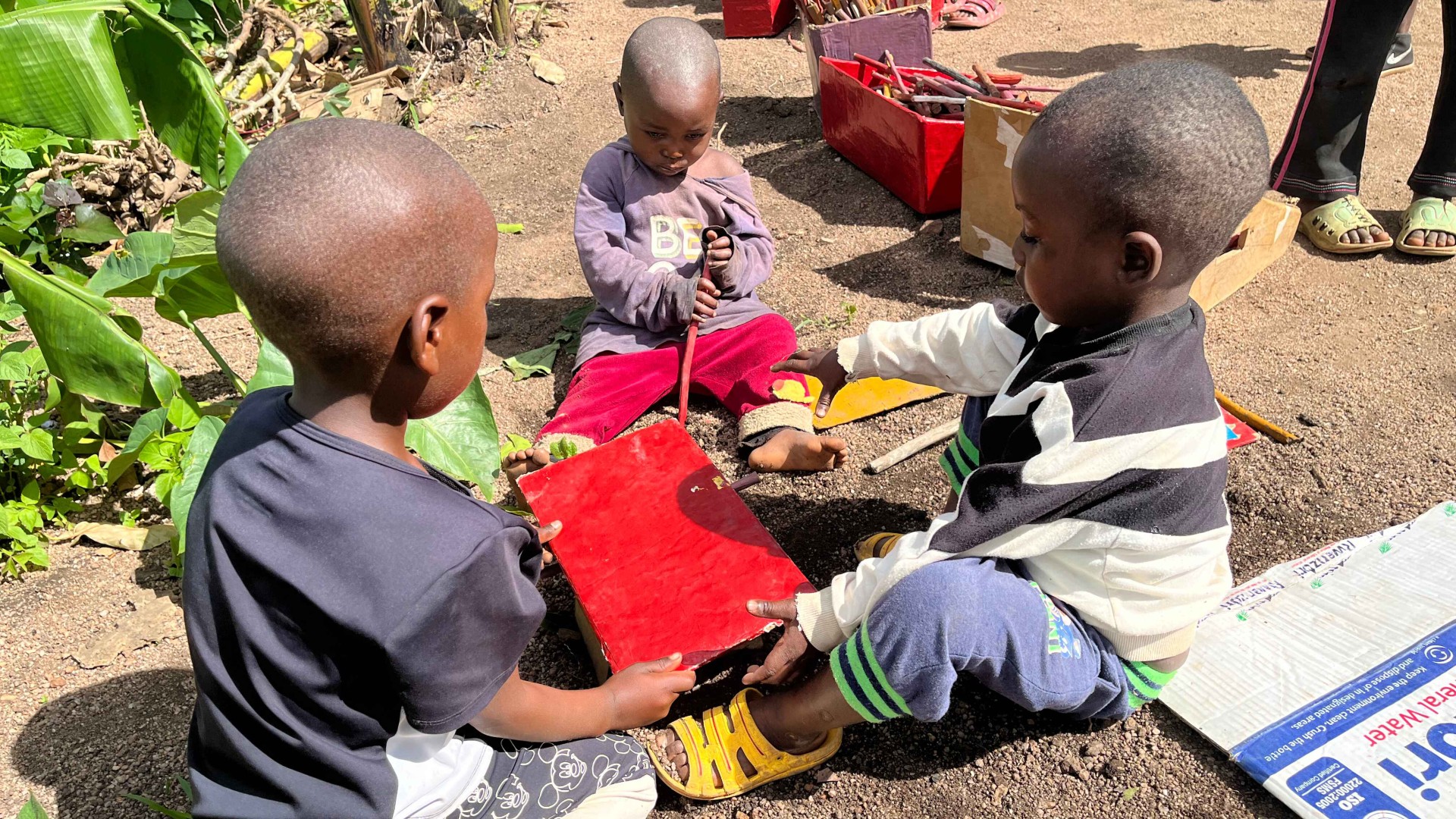
Tool 1: Child Development Assessment Observation
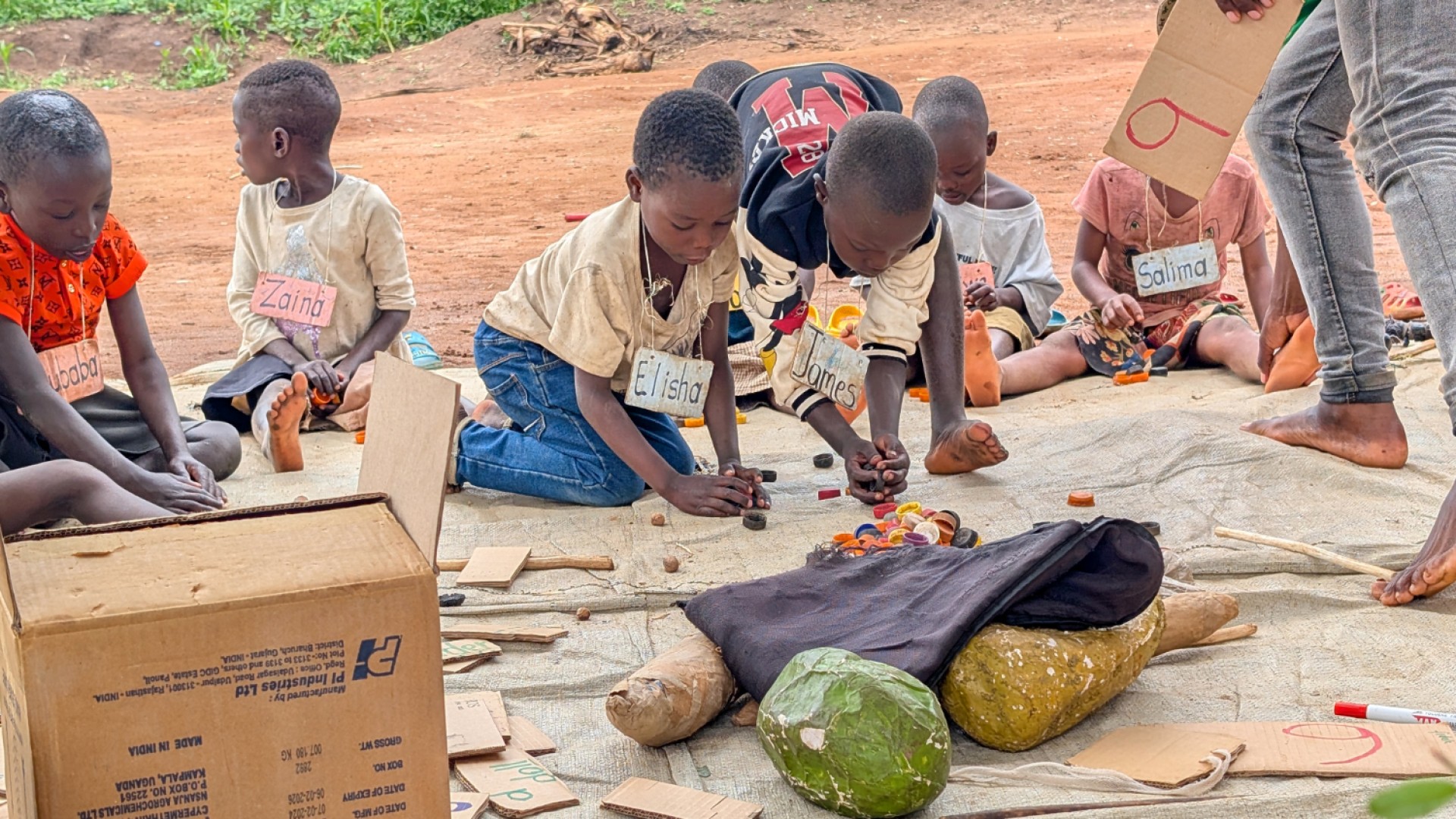
Tool 2: Quality of Play Provision Observation
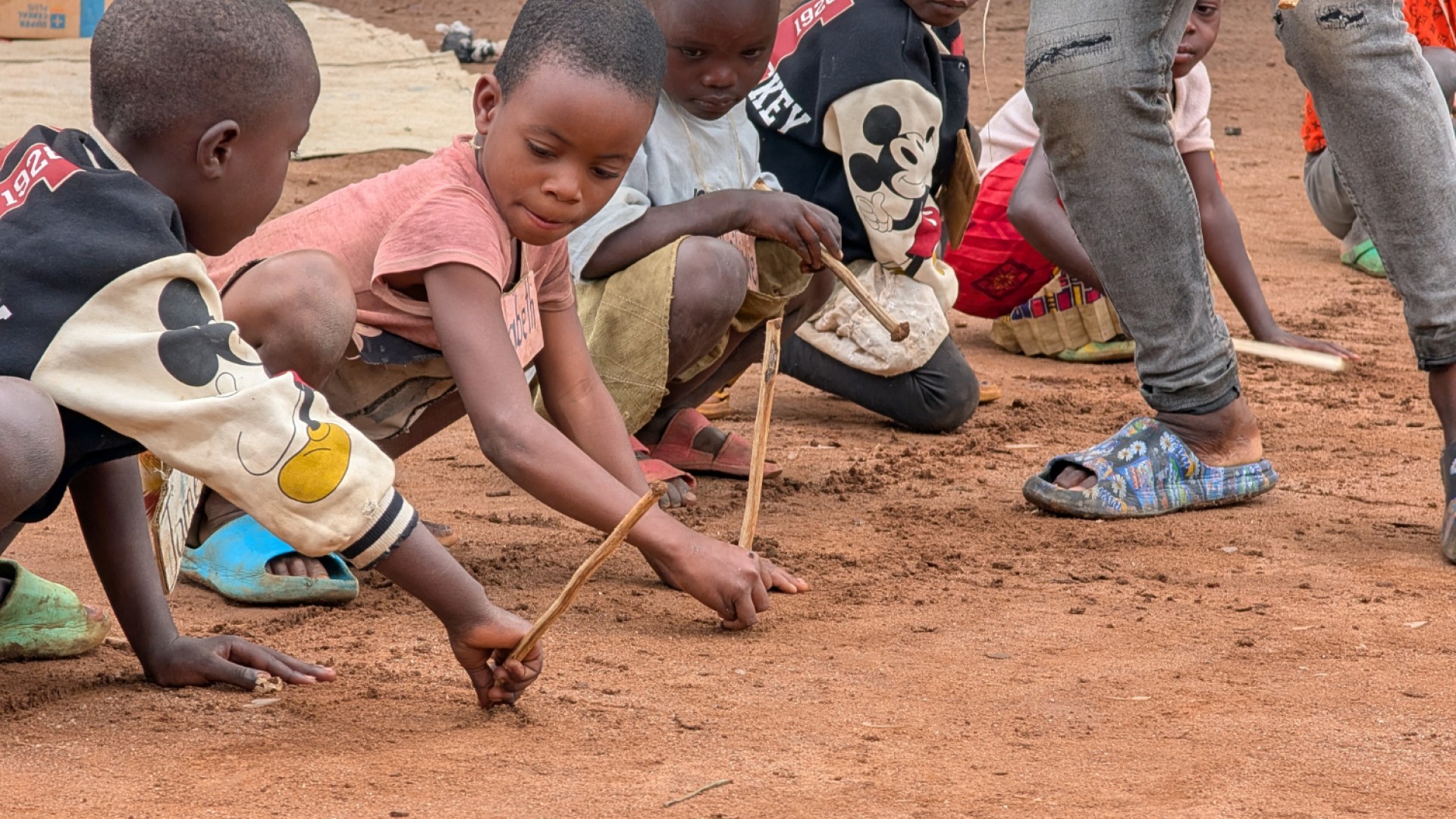
How does the PPAT work?
What Makes the PPAT Unique?
1. Children come first
2. Play is at the heart
3. Teachers are key
4. Simple, robust and based on research
5. Easy to use and low-cost
6. Culturally relevant and sustainable
7. Completely free
OUR FINDINGS SO FAR
INTERNATIONAL STANDARDS
THE POWER OF PLAY
CONNECTED EDUCATORS
STRENGTHENED SAFE SPACES
What others are saying about PPAT
"
The strength of the toolbox is the easy analysis and reduced workload, leading to informed decision making.
"
Ugandan implementing partner
"
Last year's assessment was so good. It allowed us to shift our mindsets from stressful to relaxed assessments for children. The tool is so practical, universal and inclusive and it allows caregivers to assess children based on their natural abilities.
"
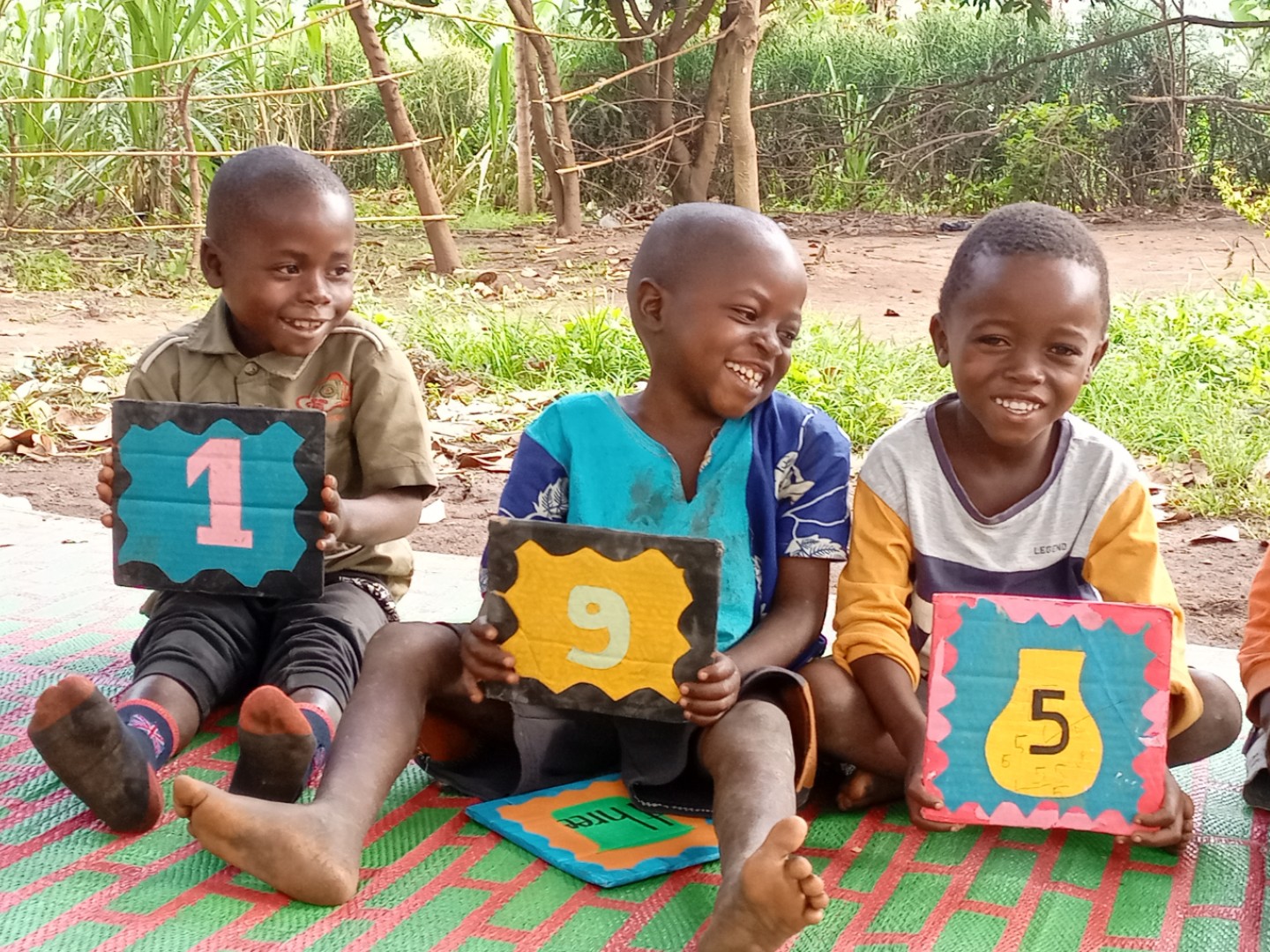
"
Children are relaxed, natural and happy and do not know they are being assessed - it continues flowing and children enjoy it
"
Right to Play
"
The PPAT considers all learning outcomes of the child as opposed to others which only look (for example) at early grade reading or numeracy and literacy. It is holistic, looking at physical, social and emotional development as well - it comprehensively looks at all areas of development.
"
